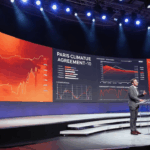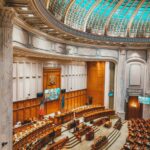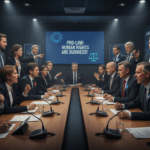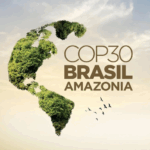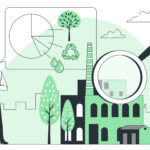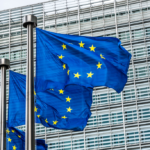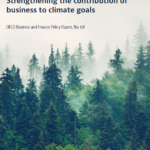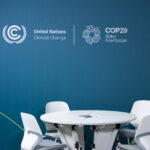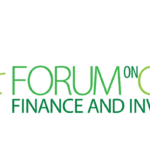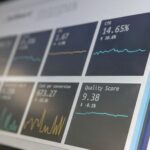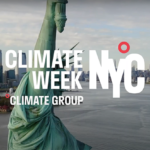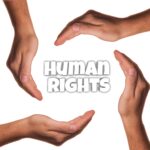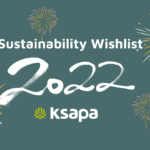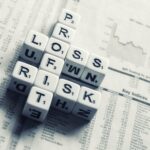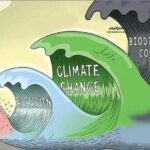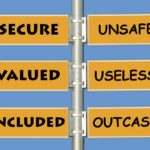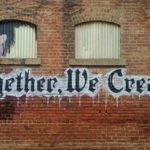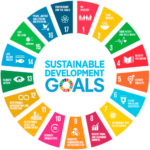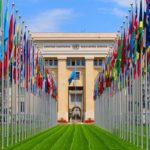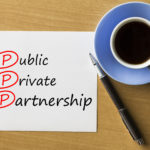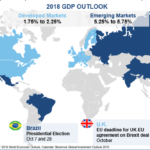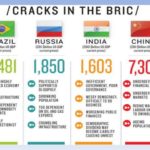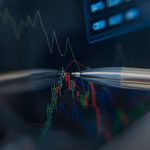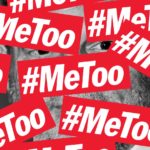2020 is coming to an end. A momentous year, it warrants particular reflection. In open discussion with our customers and partners, we draw the following 3 key learnings.
3 Key Learnings From a Momentous 2020
1. Build Strategic Vision on Sound Foundations
The Covid-19 crisis did not change the collective urgency for companies and investors to embed socio-environmental issues at the core of their operating models. It only amplified it. One cannot look to 2021 (and beyond) without reflecting upon their purpose statement. How it resonates in the way they engage their teams. Whether its social model protects and creates jobs amid massive digitalization. If it allows them to create value decorrelated from environmental impacts. Because of the pandemic, clients, investors and employees have that much more of an expectation businesses secure their foundations, to convey greater meaning, security and sustainability. That will doubtlessly come to the fore in 2021.
2. Anchor Managing Contrary Injunctions in Daily Practice
We joined a number of international discussions recently, including the Paris Peace Forum and the 9th United Nations Forum on Business and Human Rights. They have only served to push this observation to its climax. Throughout 2020, spaces for multilateralism and international coordination have been weakened at very time a historic crisis would have warranted their strengthening. As a result, companies and investors are subject to significantly greater pressure to manage contrary injunctions.
Meanwhile, soaring green bonds, revised disclosure regulations, climate stress-tests and the green taxonomy – among others – signal the greening of finance. This is bound to encourage investment in the energy transition in Europe, which resonates with the ongoing John Kerry’s efforts as part of the new Biden administration. That said, these transitions will take place at a pivotal moment, marred by profound crises. The real-economy is driven by overwrought companies, having invested too little. This in a context where low interest rates too often offer negative returns for investors. Societies have been severely challenged by the global pandemic. Governments have jeopardized public finances in the long run to address their most urgent issues.
2021 will be marked by social unrest, which should converge with commitments from investors, regulators as well as numberous companies to safeguard Human Rights. This can only make transitioning as indispensable as it will be delicate.
3. Supercharge Agility
As early as 1911, Joseph Schumpeter theorized a company is never in a stationary state. How many generations of decision-makers and employees have since experienced agile organizational concepts? Kinetics? Decentralization? Reorganizations? Restructuration? There has, however, been a paradigm shift in 2020. Up until now, planning allowed us to contemplate change. Now we must all plan to change despite almost total and permanent uncertainty. In 2021, supercharging these concepts of agility conveys a competitive edge as we adapt to volatile and largely unpredictable contexts. Still, the social, societal, environmental and digital transformations underway undeniably carry new opportunities.
3 Actionable Criteria to Serve as a Compass for any Organization Looking onto 2021
Extracting actionable knowledge from 2020 entails in-depth reflection, without taboo, leaving no stone unturned. Jared Diamond outlines different criteria for approaching and learning from major crises, to better apprehend them and transform accordingly. Again, these criteria deserve reflection. We have selected 3 with particular clout, to serve as a compass for any organization:
1. Pinpoint the Issues
It is for example by rethinking our business models – as some of our clients and investors are – that we can eliminate issues at the source. Avoiding situations where contradictory injunctions arise mathematically reduces their occurrence.
2. Self-Assess in All Honesty
Among other services, we provide advisory on developing purpose statements, to help our clients develop their vision. This requires an honest self-assessment of their activities and their ability to be consistent with a business project. SDG-washing is otherwise a very real risk. Such efforts are neither enduring nor conducive to true engagement; they can even prove counter-productive.
3. Draw on Existing Models to Adapt or Reinvent Only Where Necessary
When we structure high-impact investment programs for instance, we enable companies to mobilize resources to accelerate and amplify the energy transition across their value chain. We also support their management of socio-environmental risks in their strategic supply chains. We do so by combining widely-used methodologies and techniques. Add a dose of innovation and we find the actionable solutions our clients have sometimes been seeking for years!
Conclusion: 3 Key Concepts For 2021
Clarity, honesty, agility. Here are a few concepts we suggest we ponder together as 2020 draws to a close.
We look forward to discussing these ideas further in 2021!
Président et Cofondateur. Auteur de différents ouvrages sur les questions de RSE et développement durable. Expert international reconnu, Farid Baddache travaille à l’intégration des questions de droits de l’Homme et de climat comme leviers de résilience et de compétitivité des entreprises. Restez connectés avec Farid Baddache sur Twitter @Fbaddache.







